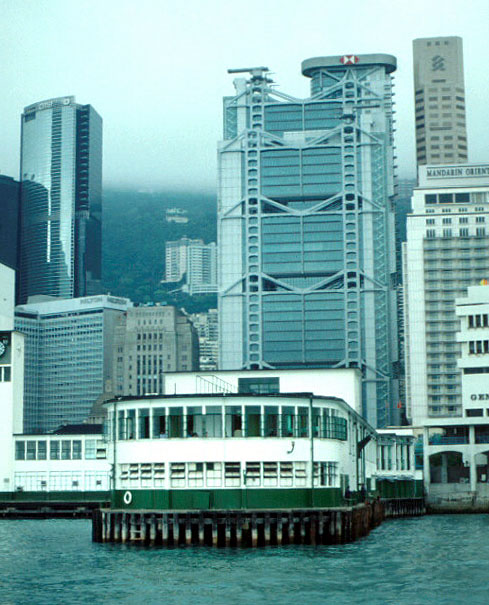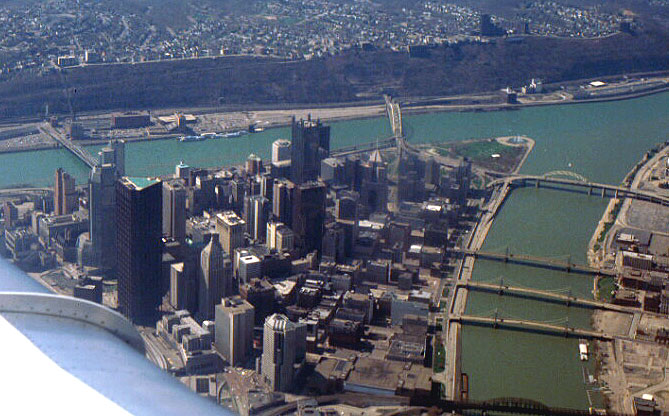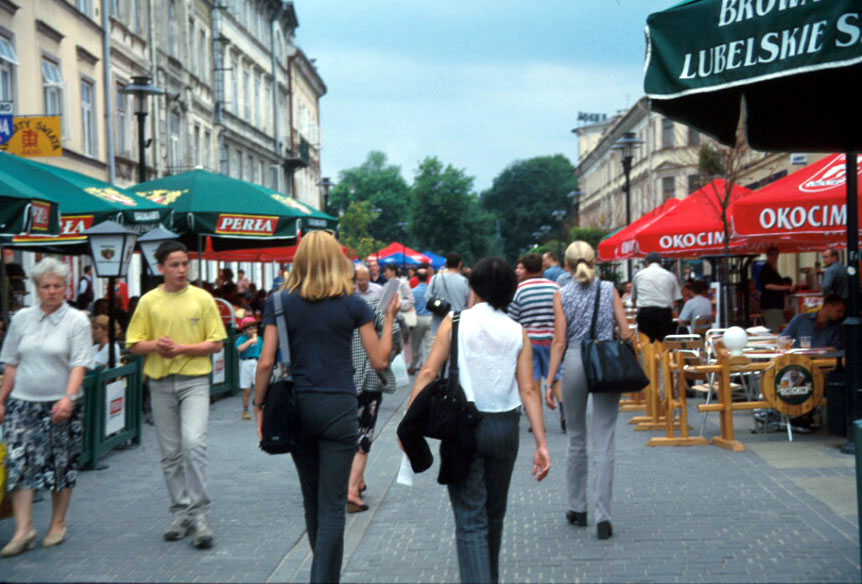what are cities for now?




If their economic justification as centers of production has lessened, if their command functions have been monopolized by a few megacities, if trade and distribution of goods have moved to container ports and airport warehouses, if centers of finance and innovation begin to show up in a Silicon Valley suburb, if cultural innovation happens in many different locales, then what are all those medium sized dense cities still good for? What can they provide that the suburbs cannot?

One answer might be: cities produce democratic citizens. The city is where we learn to deal with strangers unlike ourselves, and this is crucial for individual and social health. Another might be that the dense city is the privileged locus for cultural and economic creativity through the unplanned interactions and fertile combinations where social and economic energies converge.
My point about both these claims is that they romanticize the city and that their claimed effects can occur in the sprawl as well.
(c) David Kolb, 1 August 2001